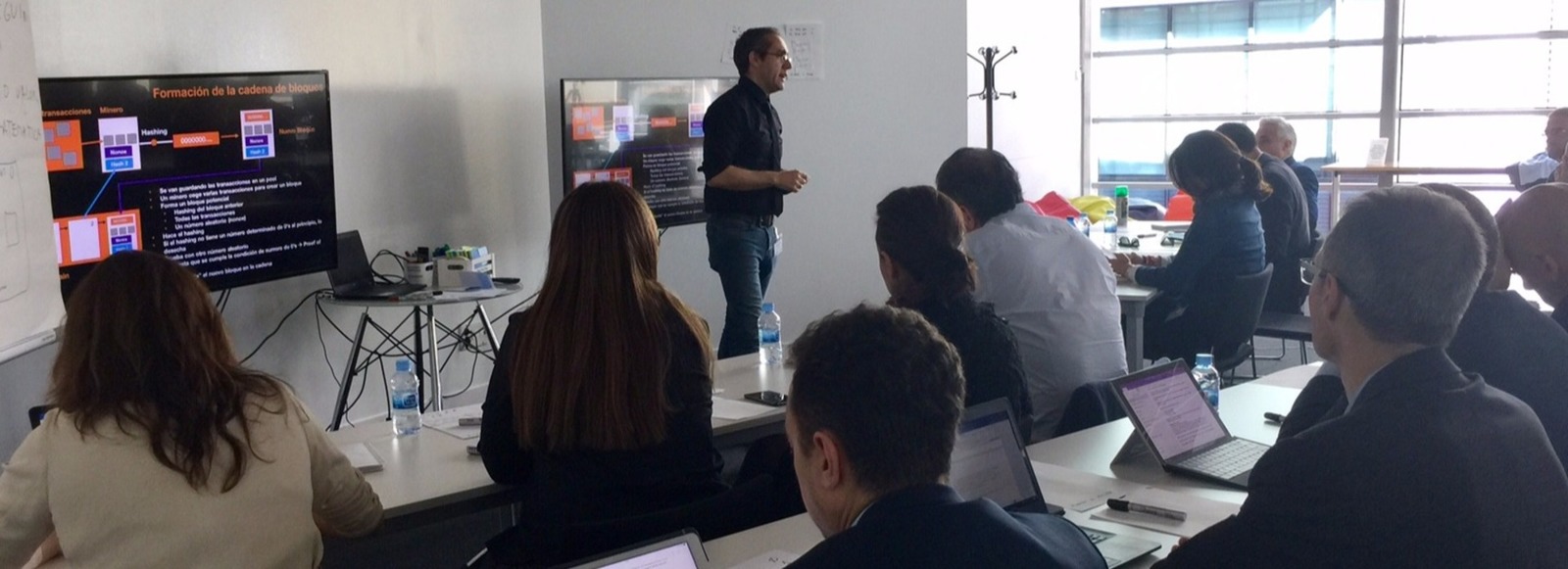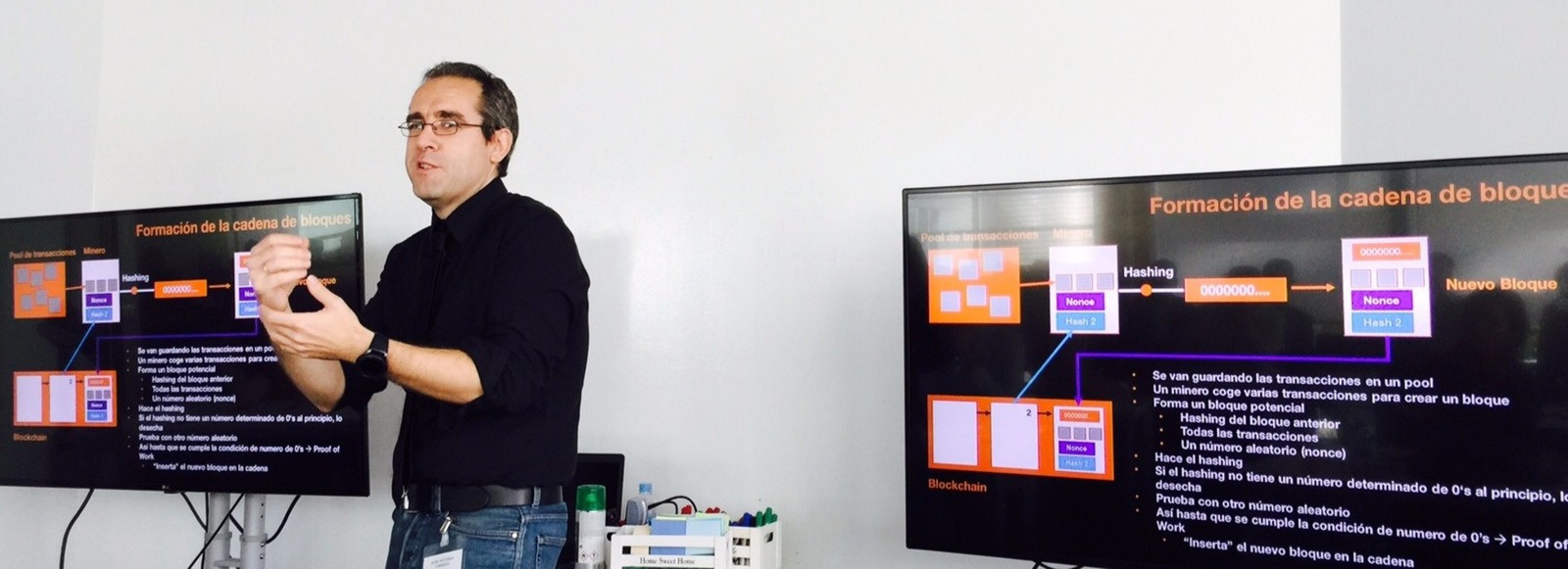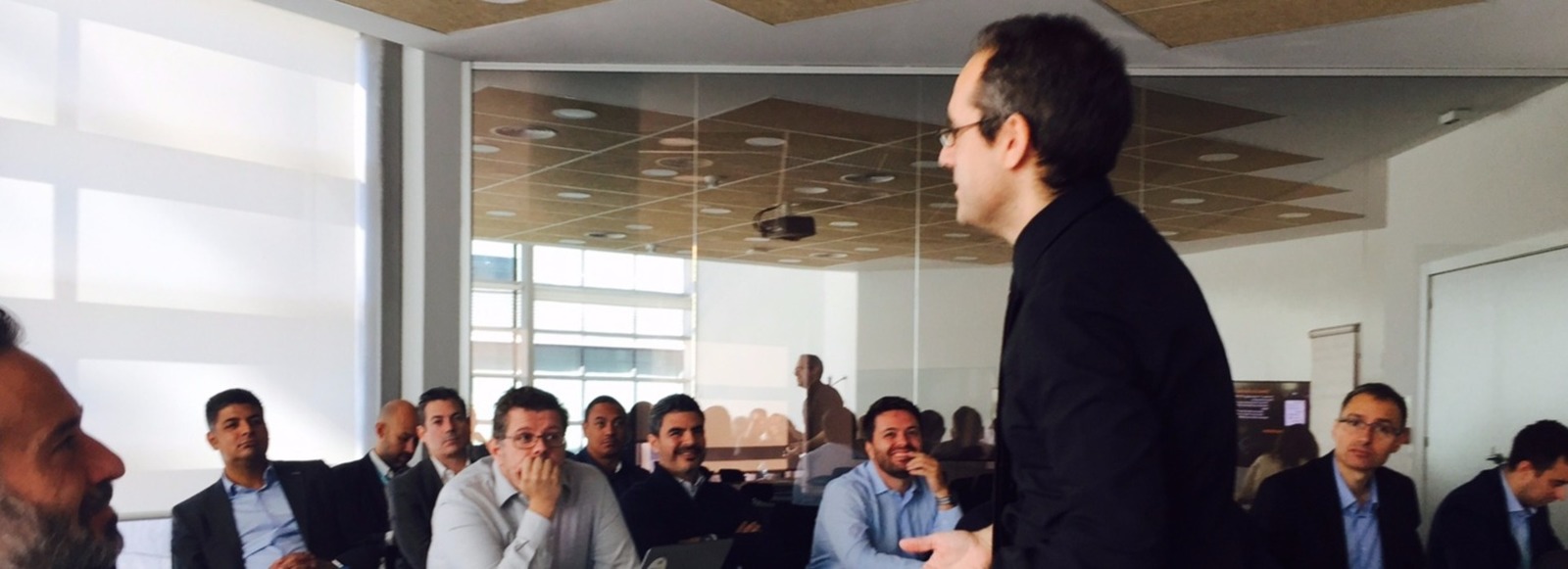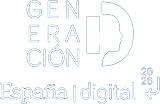13/11/2017
Blockchain is a word on everyone’s lips. A technology that is attracting the attention of the entire digital sector and that, however, still has a long way to go and many unknowns to be cleared up. That is why it is not strange that she was chosen by the Asociación Digitales to inaugurate its Cycle of Conferences ‘Innovation in Disruptive Technologies’.
These meetings, which will be held periodically at the headquarters of the various partners, will review the most topical issues from the hands of recognized experts in the sector, such as Juan Antonio Torrero , a specialist in Big Data and Blockchain at Orangewho delighted the attendees with a practical and instructive talk in which, in addition, they could see first-hand the difficulties of “mining” a currency.
These meetings, which will be held periodically at the headquarters of the various partners, will review the most topical issues from the hands of recognized experts in the sector, such as Juan Antonio Torrero , a specialist in Big Data and Blockchain at Orangewho delighted the attendees with a practical and instructive talk in which, in addition, they could see first-hand the difficulties of “mining” a currency.
This is how Blockchain works: a technology for trust management.
And that, as Torrero explained, the Blockchain goes far beyond Bitcoin. Specifically, as he emphasized several times, “it is a technology for trust management.” “Money is a value that makes it possible to pay a debt. And there are agents that manage that trust. Blockchain eliminates intermediaries to validate that trust through a majority consensus obtained with mathematical formulas,” he explained.
In this regard, he stated that this system allows for the anonymous identification of users, balance control and the elimination of the problem of double spending. “Blockchain works like a ledger. The ledger is the blockchain. Each sheet is a block, and in each block transactions are recorded. Each block is validated, and in each block information from the previous block is stored. This makes it so that no bitcoins or coins can be lost, what goes out for what comes in,” he explained.
It is a system that, in reality, not only serves to pay with coins such as bitcoin, but can be used with any object of value susceptible to Smart control. This is known as tokenssomething that, he said, “lawyers will have to learn to manage in the future”.
In this regard, he stated that this system allows for the anonymous identification of users, balance control and the elimination of the problem of double spending. “Blockchain works like a ledger. The ledger is the blockchain. Each sheet is a block, and in each block transactions are recorded. Each block is validated, and in each block information from the previous block is stored. This makes it so that no bitcoins or coins can be lost, what goes out for what comes in,” he explained.
It is a system that, in reality, not only serves to pay with coins such as bitcoin, but can be used with any object of value susceptible to Smart control. This is known as tokenssomething that, he said, “lawyers will have to learn to manage in the future”.
The blockchain concept could bring great changes to society in the not too distant future. Now, what can a company do with blockchain? The expert assures that it can optimize the cost and efficiency of the same through internal management and the relationship with distributors or create new services that generate income and knowledge.
Still, he predicted that much of what is said to be coming with this system in 2018 will not be a reality so soon and that the big change will likely come around 2030. “The idea can be compared to the Internet in the 1960s. Who would have thought that things like Tinder would come out of a military technology?” he wondered.
Sooner or later, what is certain is that Blockchain will enable use cases not yet suspected today and that the best specialists will have to be trained in technology, but also in business and law. A disruptive technology which, he said, can be accelerated in Spain with Alastriaand that served as a starting point for the cycle of conferences that Digitales_ offered to its associates in its clear commitment to promote the digitization of the whole Spanish society.
For more information, you can consult the complete video of Juan Antonio Torrero’s speech.
Still, he predicted that much of what is said to be coming with this system in 2018 will not be a reality so soon and that the big change will likely come around 2030. “The idea can be compared to the Internet in the 1960s. Who would have thought that things like Tinder would come out of a military technology?” he wondered.
Sooner or later, what is certain is that Blockchain will enable use cases not yet suspected today and that the best specialists will have to be trained in technology, but also in business and law. A disruptive technology which, he said, can be accelerated in Spain with Alastriaand that served as a starting point for the cycle of conferences that Digitales_ offered to its associates in its clear commitment to promote the digitization of the whole Spanish society.
For more information, you can consult the complete video of Juan Antonio Torrero’s speech.


